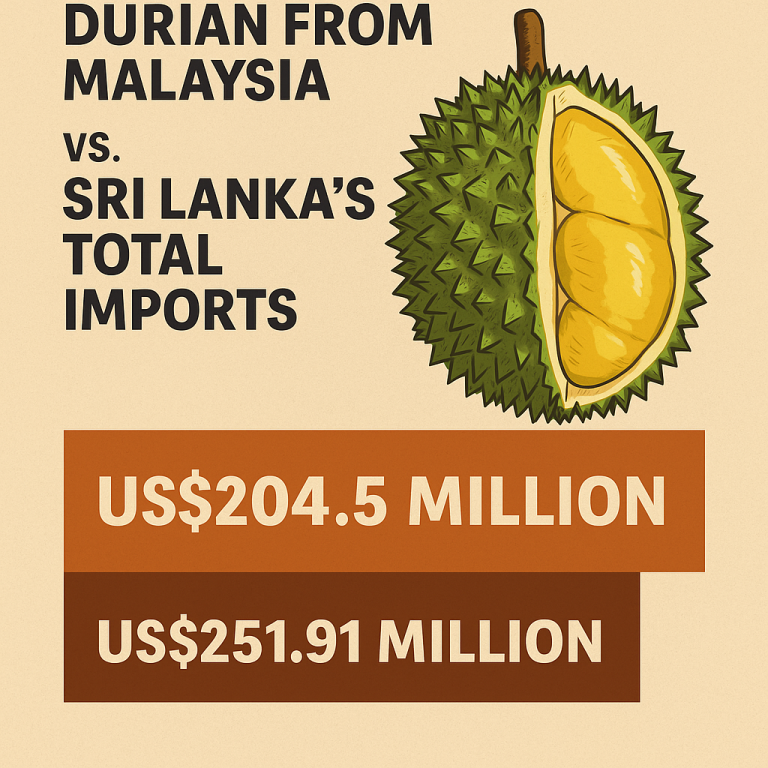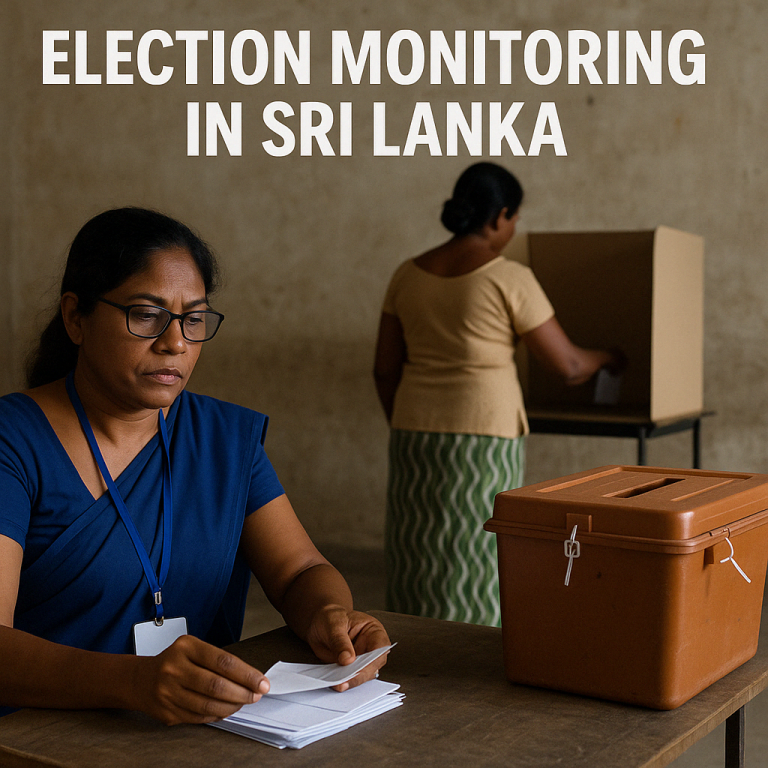Sri Lanka is embarking on a strategic initiative to map all its tree species as a precursor to joining global carbon credit markets. This comprehensive project, announced by Senior Presidential Advisor on Climate Change Ruwan Wijewardene, aims to quantify the island’s carbon sequestration capacity, with a focus on both forested areas and mangrove ecosystems. The mapping effort, expected to span two years, will provide critical data for issuing carbon credits, aiding Sri Lanka’s ambition to become carbon neutral by 2040.
The project is part of a broader strategy to mitigate climate change impacts, such as extreme weather events, through renewable energy development and natural carbon sink monetization. Additionally, a regulatory framework is being developed to support tourism and employment linked to these environmental initiatives.
Complementing this effort, the KiudaEX Carbon Credit Exchange, developed by South Korean company Kiuda Digital Holdings in partnership with Sri Lankan tech startup Xeptagon, will streamline carbon credit trading. This advanced platform will cater to the Asian market’s growing demand for carbon offsets, enhancing transparency and reducing fraud in the carbon trading process. The exchange is anticipated to bolster Sri Lanka’s position in the global carbon market, leveraging local expertise and international investment to drive sustainable development and economic growth.







